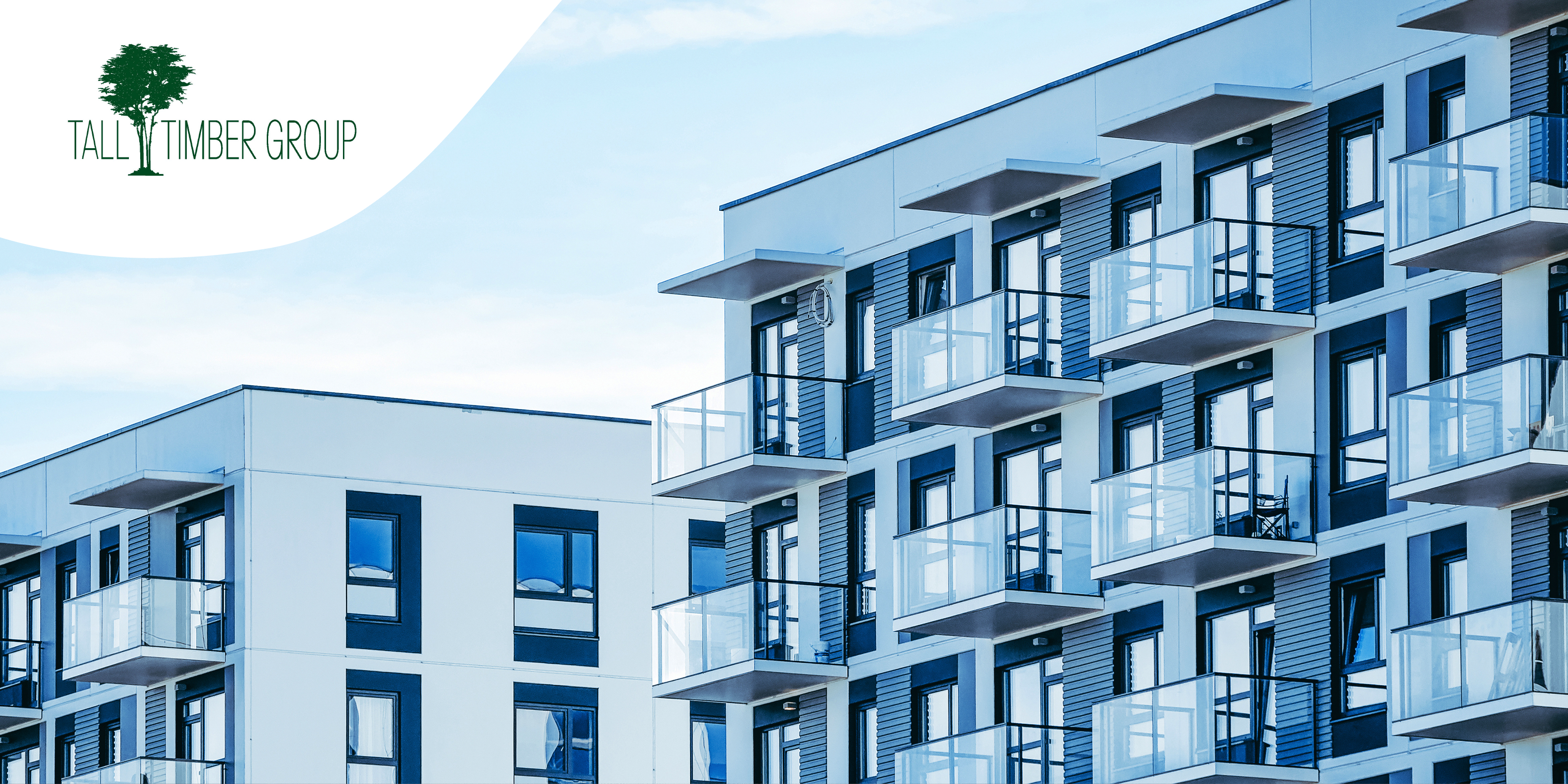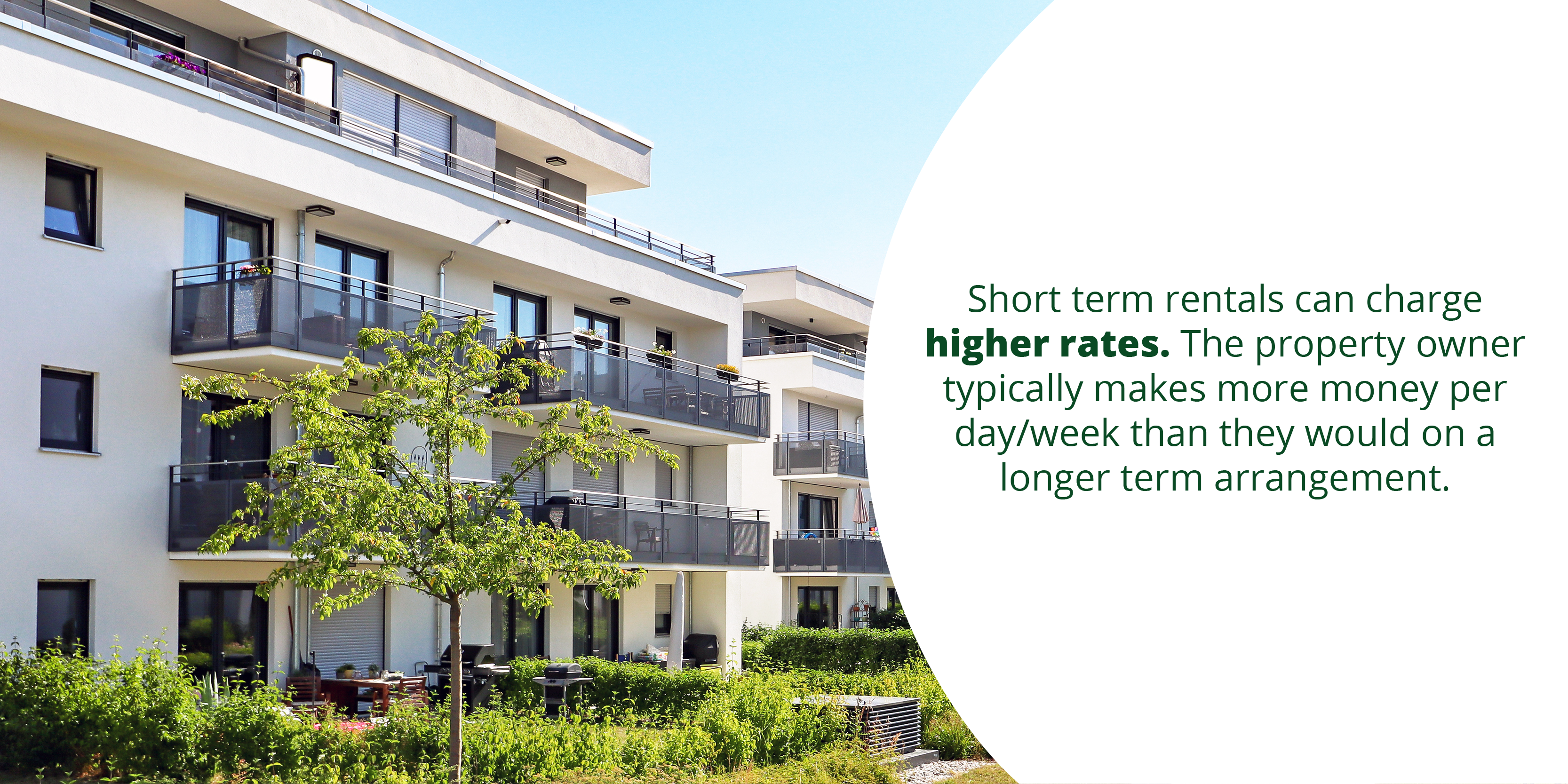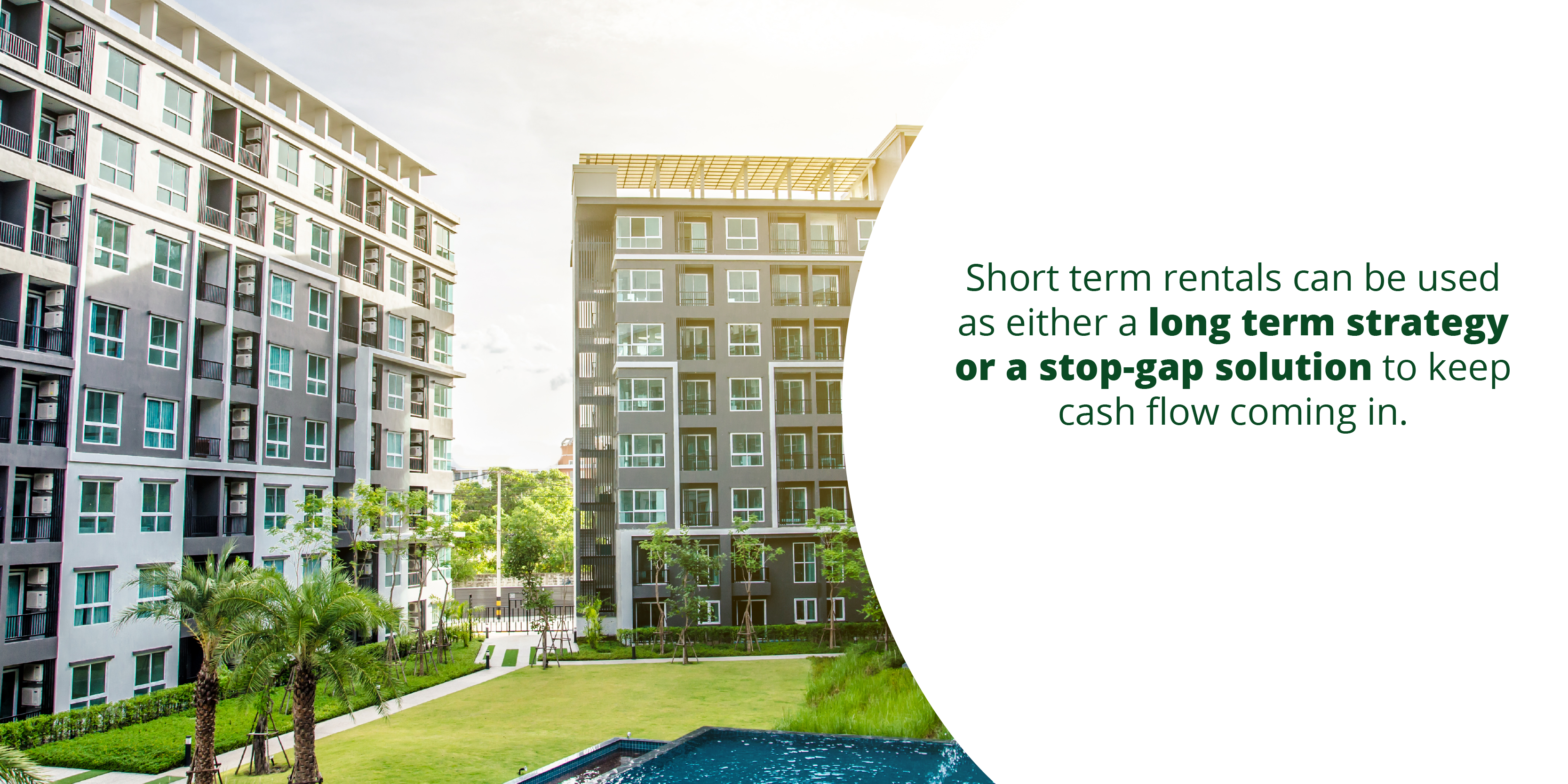
No matter what your personal views on the matter, the cannabis legalization discussion is here to stay. As of the writing of this article, marijuana is fully legal in 11 states and legal for medical use in over half the states in the US. Those numbers are not expected to diminish, with additional states considering full or partial cannabis legalization. What has followed has been a growth in a previously non-existent industry that has affected both micro and macro economics in the US. The question we now ask is: will cannabis legalization change the commercial real estate market?
To answer this question, today we will explore the current state of marijuana legislature as well as future projections, the likelihood that cannabis will become fully legalized in the state of Pennsylvania, and discuss how federal and state legislation on cannabis has and will continue to impact the CRE industry.
The Latest on Cannabis Legalization

There is nothing clear about the current state of cannabis legalization. So let’s stick with the facts. First and foremost, the federal government considers marijuana a class 1 controlled substance. This puts marijuana at the same tier as LSD, heroin, ecstasy, peyote, and methaqualone. While legislation has been proposed, the nationwide legalization of marijuana is likely very far off.
11 states have fully decriminalized marijuana
It should be noted that although we consider these states part of a group, their individual laws on cannabis regulation vary dramatically. What remains constant is that users must be over the age of 21, and distribution is still highly regulated. The states that have legalized marijuana include Washington, California, Maine, Michigan, Alaska, Nevada, Colorado, Oregon, Illinois, Massachusetts, and Vermont.
33 states currently allow the legal use of marijuana for medical purposes
33 states plus the District of Columbia allow residents to own and use marijuana when it is prescribed by a physician. Pennsylvania is one of these states. These laws become even cloudier than the “fully legal” 11 states listed above, as the medical red tape can be quite complex.

Fully illegal vs. decriminalized and beyond
For the 39 states that have not legalized marijuana, there are varying degrees of criminality associated with possession and distribution charges. Some states including Delaware, Connecticut, Maine, and New York, have reduced cannabis charges, meaning previous punishments have been diminished for those.
Will Cannabis be Legalized in Pennsylvania?
Pennsylvania’s laws on cannabis allow for medical use only. Unlike some other states, Pennsylvania has not enacted laws to decriminalize marijuana possession or distribution charges. As we discuss the possibility of the marijuana business impacting commercial real estate in our region, the next logical question becomes: how likely is it that cannabis will become legal in Pennsylvania?
The answer is as complex as you might imagine. Politicians including Governor Tom Wolf and Lieutenant Governor John Fetterman have both gone on record stating that they would consider the legalization of marijuana in the future. In the case of Fetterman, he is openly in favor of full legalization on the state and federal level.

Recent polls suggest that 59 percent of Pennsylvanians support the recreational use of marijuana. This is in stark contrast to a similar poll in 2006, in which only 22 percent of registered voters were in favor of recreational marijuana use becoming legal. The biggest considerations continue to be:
- Pennsylvania’s mix of conservative and liberal ideals clashing at the state levels and
- Money. If other states see a windfall from marijuana legalization (including commercial real estate), the likelihood of full legalization grows.
How Cannabis Legalization Has Impacted the Commercial Real Estate Market
The legal marijuana industry has already eclipsed $10 billion in the US. The cannabis market is potentially the fastest growing industry in the nation. Commercial real estate investment is a huge part of that growth. Here are a few ways in which marijuana impacts local CRE markets:
- The demand exists for large facilities. Cannabis production facilities are quite large, and often include both farming and processing capabilities.
- Regulations are a blessing and a curse. CRE investors would be wise to understand state and local laws before entering the cannabis arena. Cannabis producers must jump through hoops at the state level to gain site approval before beginning any type of production.
- Cannabis retail is big business. Of course, production is only one side of the equation. Marijuana has a strong retail presence which has injected life into a stagnant retail market.
- Local and state economies have been boosted by legal marijuana. Even if you want nothing to do with the cannabis industry, there is now sufficient evidence to make the claim the legalizing pot boosts the economy at the micro and macro level. As we know, stronger economies often create stronger CRE markets.
Going Forward
At the moment, legalized marijuana in Pennsylvania is all a hypothetical. The benefits of legalized marijuana for business and for commercial real estate are well documented. If and when our state (or the fed) chooses to adopt cannabis, there will certainly be an opportunity to pounce. The question going forward will become when that happens and what regulations will come along for the ride.




